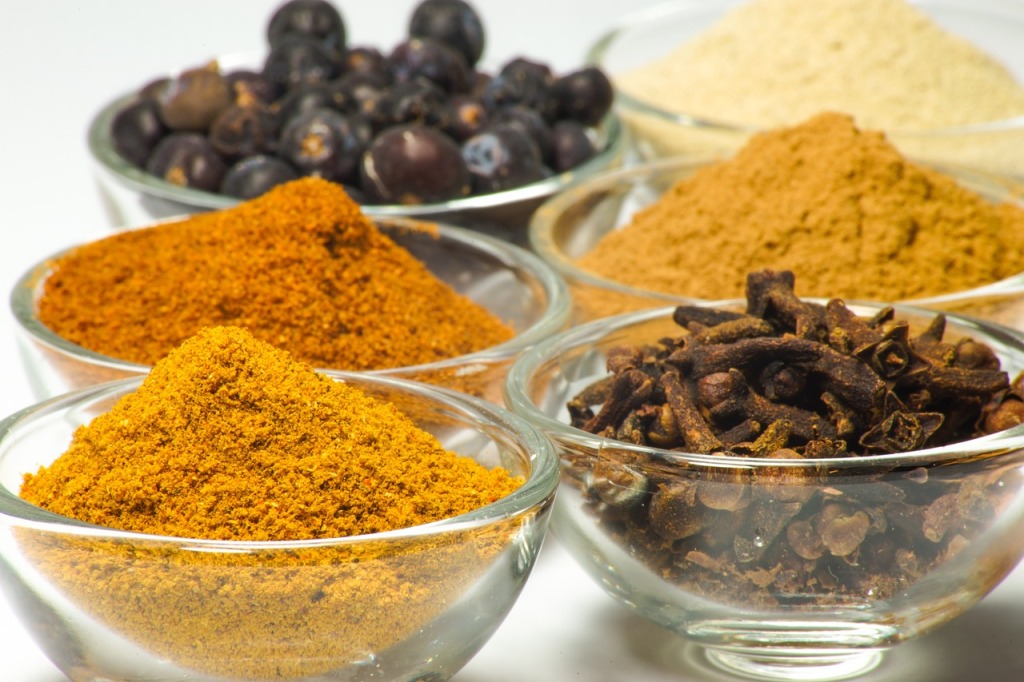
Did you know some of the spices and natural supplements you add to your diet may have negative effects? Just like prescription or over the counter medications sometimes have a variety of side effects, so can a simple spice. One big concern is how they interact with medication you may be taking. That may be especially important when taking blood thinners—even aspirin—and digoxin.
Sometimes you have to wonder if the side effects of medications are worth the benefits. Anyone who owns a television (and turns it on occasionally) will have watched a commercial or two for a medicine. You might have one third ad, then the rest of the commercial is spent telling you that it may cause organ failure, heart failure, or death. Yes, I know….those are the extremes.
Yet how often do we take those medications in spite of the possibility of such severe side effects? Often I imagine. Perhaps that is because the condition we are treating is more immediate or painful. In some circumstances, the benefits do outweigh the risk.
It was a little disappointing to learn that even when we are trying to improve our health eating natural and fresh products, it is still a concern. I like the idea that spices such as turmeric can benefit our health. It sounds healthier and easier to add a spice when cooking, just like I add spinach into most dishes. Improving and maintaining health through what we eat always sounds better than taking a pill.
Side Effects in Natural Products
Reading through several articles on spices and supplements that benefit everything from arthritis to gallstones, I was surprised how often there were issues. Some, like gingko, may interfere with cancer medications. This isn’t meant to frighten, just to make sure you are aware—it’s important to talk to your doctor, especially if you have a condition you are treating. If you are taking birth control pills, wouldn’t you want to know if a botanical supplement might lessen its effectiveness?
On one side some spices offer relief from pain, serve as anti inflammatories, even promote a healthier organs.
Turmeric is one such spice. On the other side it will warn that while it may help the gallbladder, it may cause kidney stones. Since it ranks third in sales as a plant based ‘dietary supplement,’ that’s an important detail to be consider. Curcumin, an extract from turmeric appears to have less side effects. This particular spice is important to me since there are encouraging reports using it to treat Alzheimer’s disease.

Garlic may cause nausea and burning in throat and stomach.
Even cinnamon in high doses may be toxic. Cinnamon in supplement form can also interfere with some medications, including antibiotics.
How about castor oil? It’s been a treatment or preventative for generations. For arthritis it is suggested that you can rub it right onto your hands, or that you boil it then add it to your orange juice for relief. In the next sentence it warns that it is a laxative, so not to take it too often or for too long.
Another recommendation for arthritis is the supplement, boron. It may actually break up the buildup in joints that suffer from arthritis. But do watch your dose. Too much is poisonous. Good to know!
You see the dilemma. Several of the spices here are considered good for brain health. That is, they may help maintain brain function and help prevent or slow Alzheimer’s disease. Personally I would choose to continue including them in my diet for that reason alone. Still, it is essential to be aware of the amounts recommended and to track your usage.
It seems spices and extracts should have similar recommendations of moderation. So many of them do offer proven benefits. Just be sure to read the whole story. It’s important to be aware that even spices can have side effects depending on dosage and frequency. It would be wise to discuss it with your doctor first before making it part of a supplement regimen.
With those precautions and with awareness it still sounds much smarter to eat right, including helpful spices when possible, to maintain and improve our health. It is definitely my first choice.


